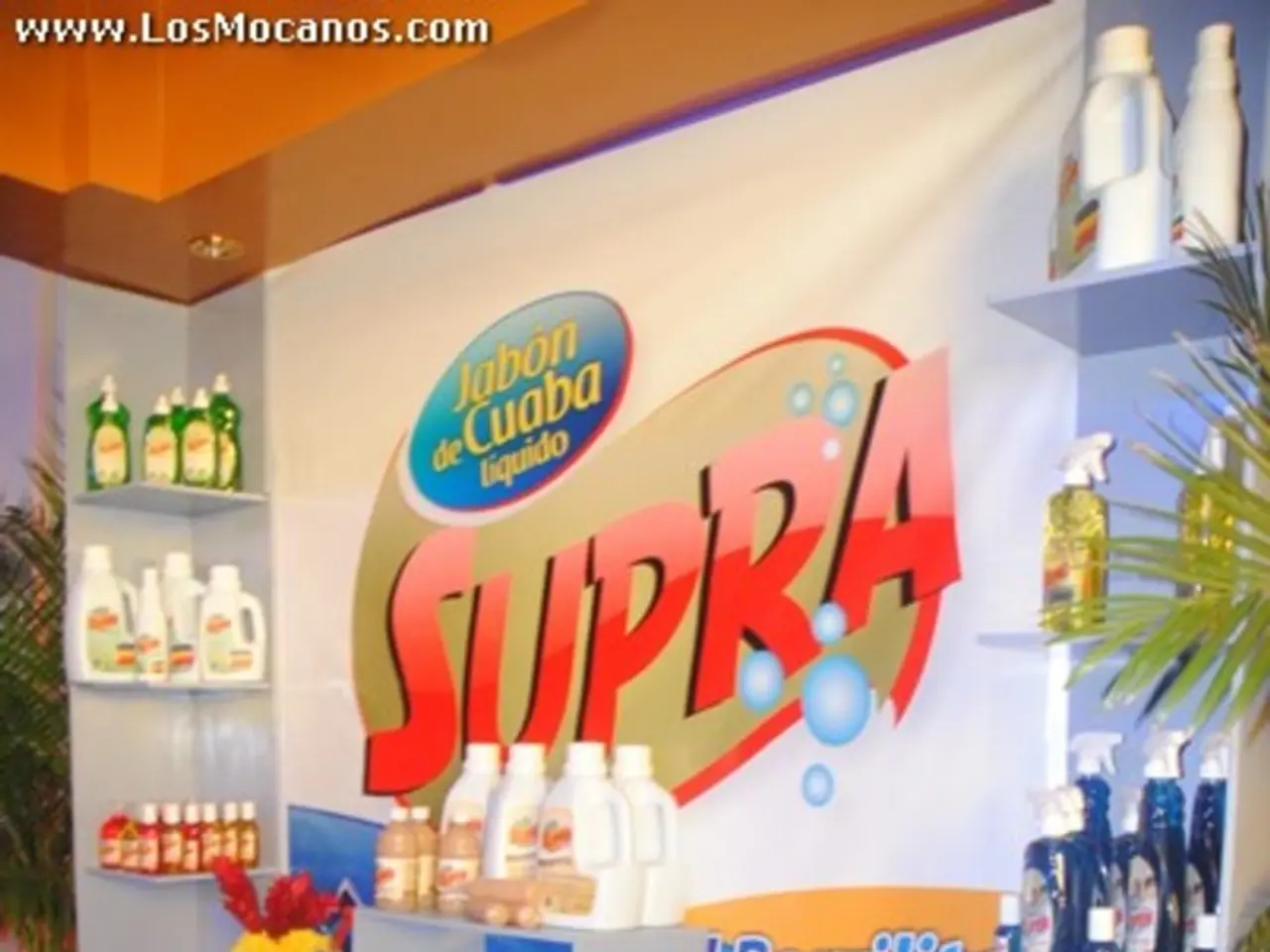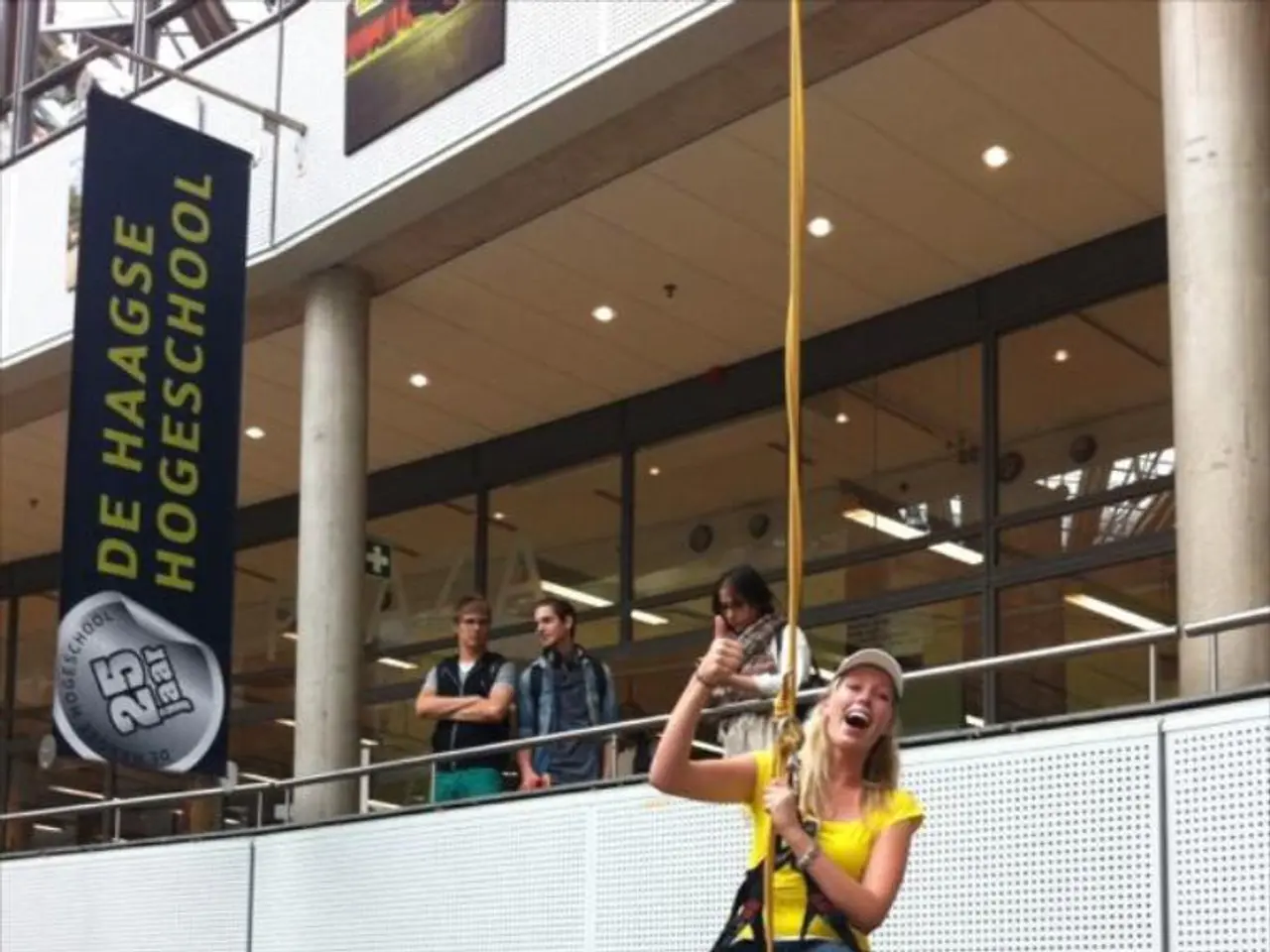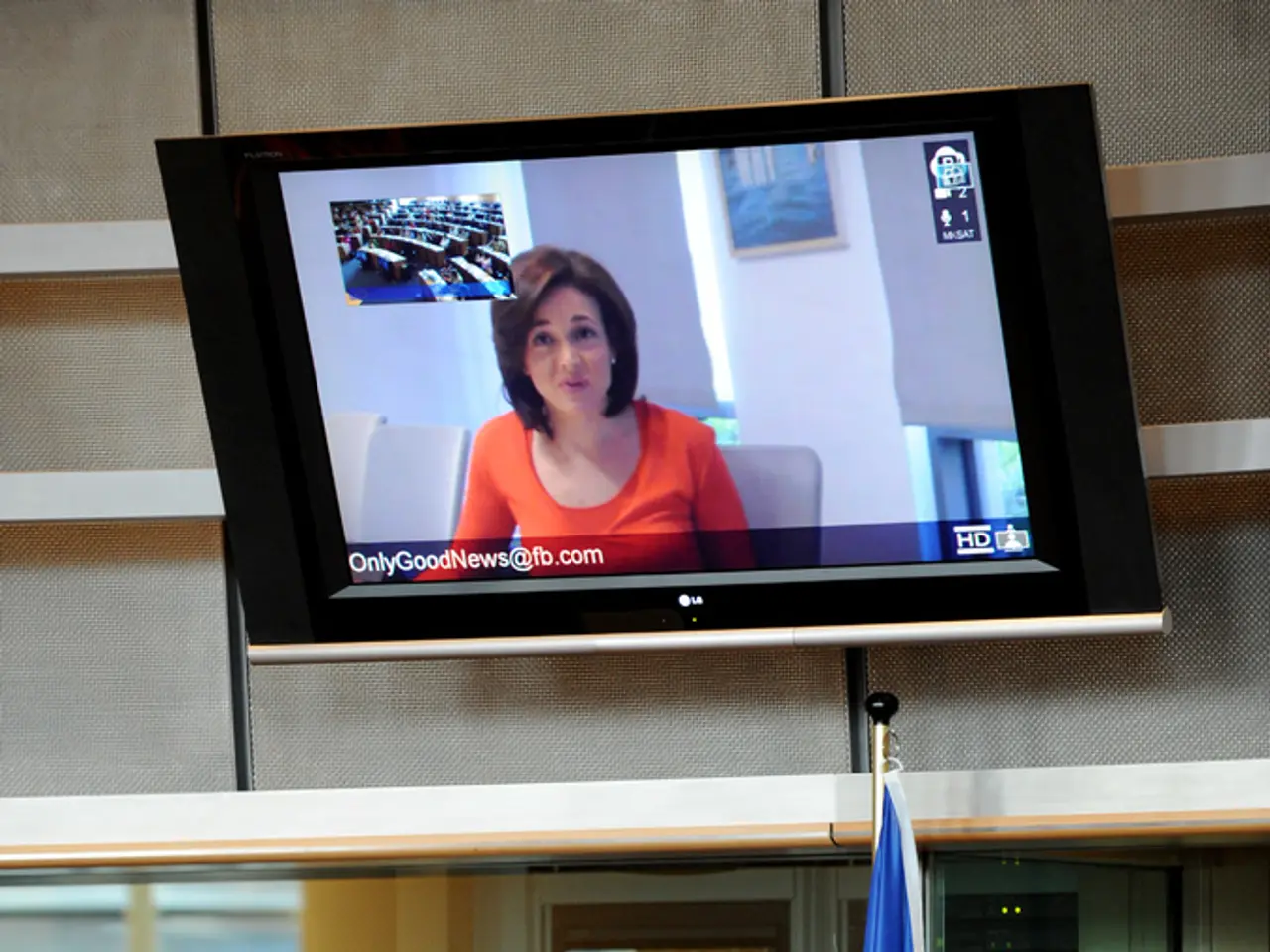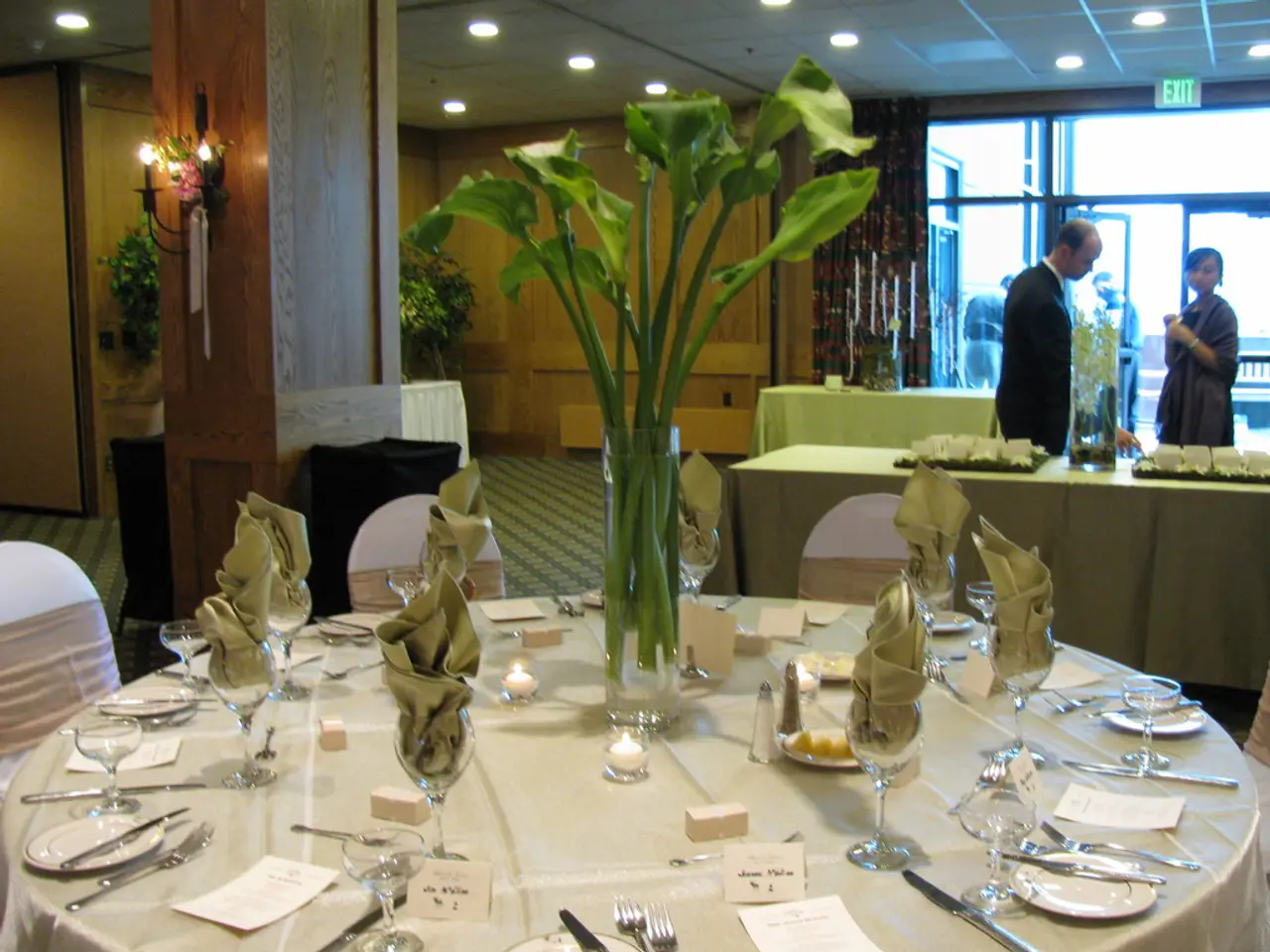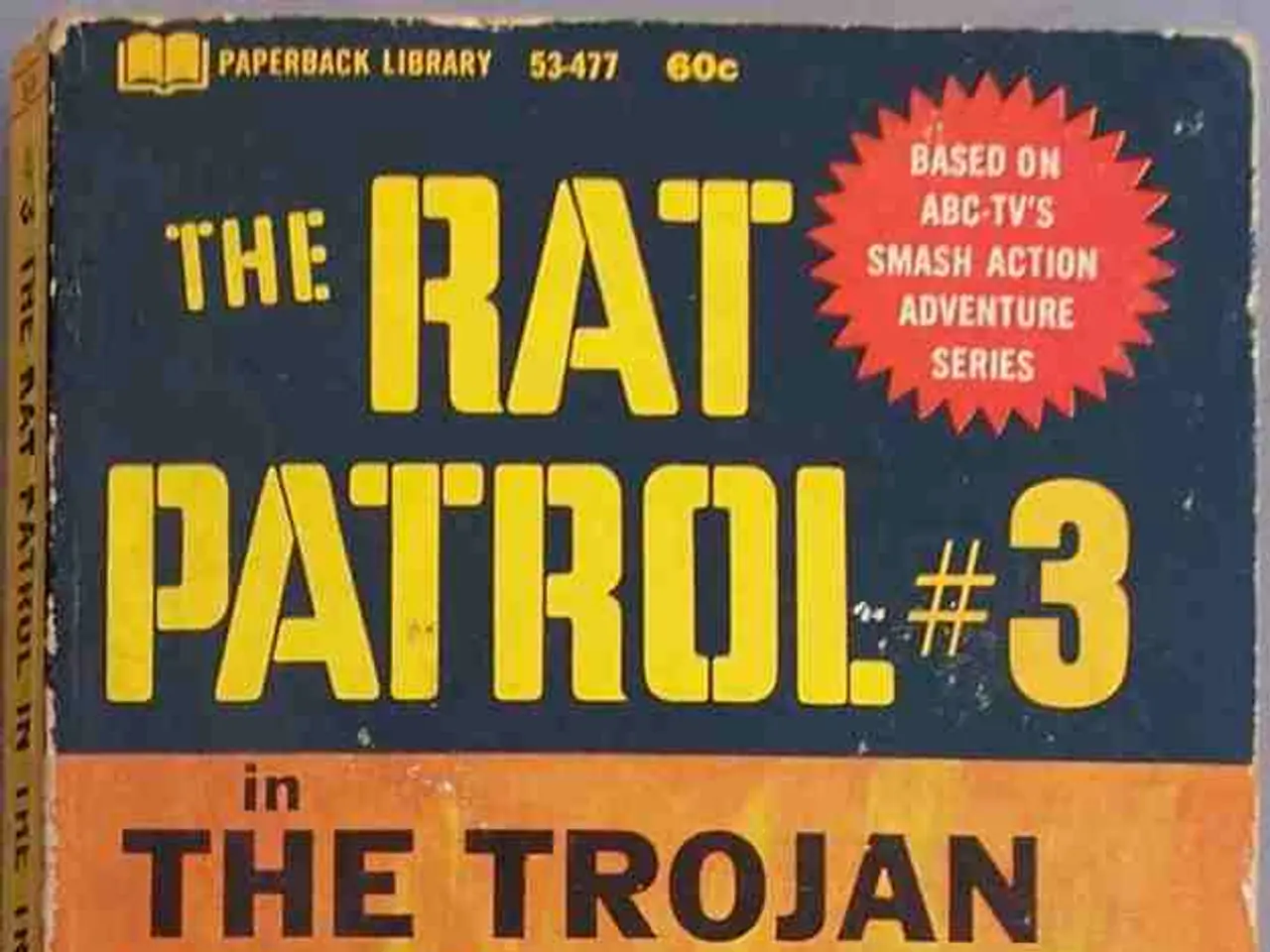Reveals Secrets of "Pieterochka" in Hurghada, Explaining Why a Repeat Experience is Unwanted
In popular tourist destinations like Hurghada and Sharm El Sheikh, Egyptian stores have adopted a unique marketing strategy by copying well-known Russian and European brands. This practice, particularly prevalent in areas like SOHO Square in Sharm El Sheikh, has been a common sight for years[1].
The reason behind this phenomenon is multifaceted. Tourists, drawn to recognizable international brands, are more likely to trust and desire these copied goods, which create an illusion of familiarity and quality at lower prices[5]. This strategy also serves as a commercial approach for local merchants, who can generate income by leveraging tourists' brand recognition without the costs associated with genuine imports[1].
Moreover, the availability of genuine European or Russian brands might be limited or expensive locally, making copies an affordable alternative for tourists seeking branded items[1]. However, this practice also functions as a psychological marketing strategy that exploits brand recognition and tourists' expectations[1][5].
Tourists may fall into several psychological traps due to this practice. The perceived authenticity trap occurs when tourists believe they are purchasing genuine products due to the visual similarity to authentic brands, leading to disappointment or feelings of being deceived after realizing the goods are counterfeit. The value illusion arises from the presence of copied international brands, creating an illusion of quality and status that the products do not truly possess, prompting impulsive buying based on perceived prestige rather than actual product value.
Cultural misunderstandings can also arise, as tourists unfamiliar with local market norms might not be aware of the commonality and legality of counterfeit goods in these tourist hubs, potentially resulting in ethical dilemmas or legal issues upon returning home.
It's essential to note that the items sold in these stores are typically tourist shop items such as keffiyehs, inflatable swimming masks, counterfeit perfumes, and souvenirs with pharaohs, rather than products one would find in a Russian supermarket. Egyptian entrepreneurs have capitalized on the homesickness of Russian tourists by creating stores with Russian-style signs[1].
The use of the Russian language in these stores is a deliberate tactic to create a sense of familiarity and comfort for Russian tourists. Tourists are often greeted in Russian and offered a variety of items, creating an "almost home" feeling. The goal of these imposter stores is quick recognition, as tourists are more likely to enter where they feel a familiar service vibe.
This practice of using foreign retailers' logos without a license is a common part of Egypt's hospitality industry. Inditex, the owner of the Zara brand, attempted to shut down three clone stores in Cairo in 2023, but were unsuccessful[1]. Over 60% of these stores in Egypt openly use foreign retailers' logos without a license[1].
In conclusion, the copying of Russian and European brands by Egyptian stores in tourist areas is driven by economic motives and tourist preferences, but it also functions as a psychological marketing strategy that exploits brand recognition and tourists' expectations, sometimes leading to misconceptions about product authenticity and value.
Tourists in popular Egyptian destinations, like Sharm El Sheikh, might be attracted to social-media posts featuring entertainment options offered by local stores replicating well-known Russian and European brands. Recognizing these copied goods as a means of cost savings, some tourists may unwittingly fall into the perceived authenticity trap, mistakenly believing they are purchasing genuine products instead of counterfeits. Alternatively, they might succumb to the value illusion, impulsively purchasing items due to the perceived prestige of the international brands, even though the products may lack the actual quality they appear to possess.
